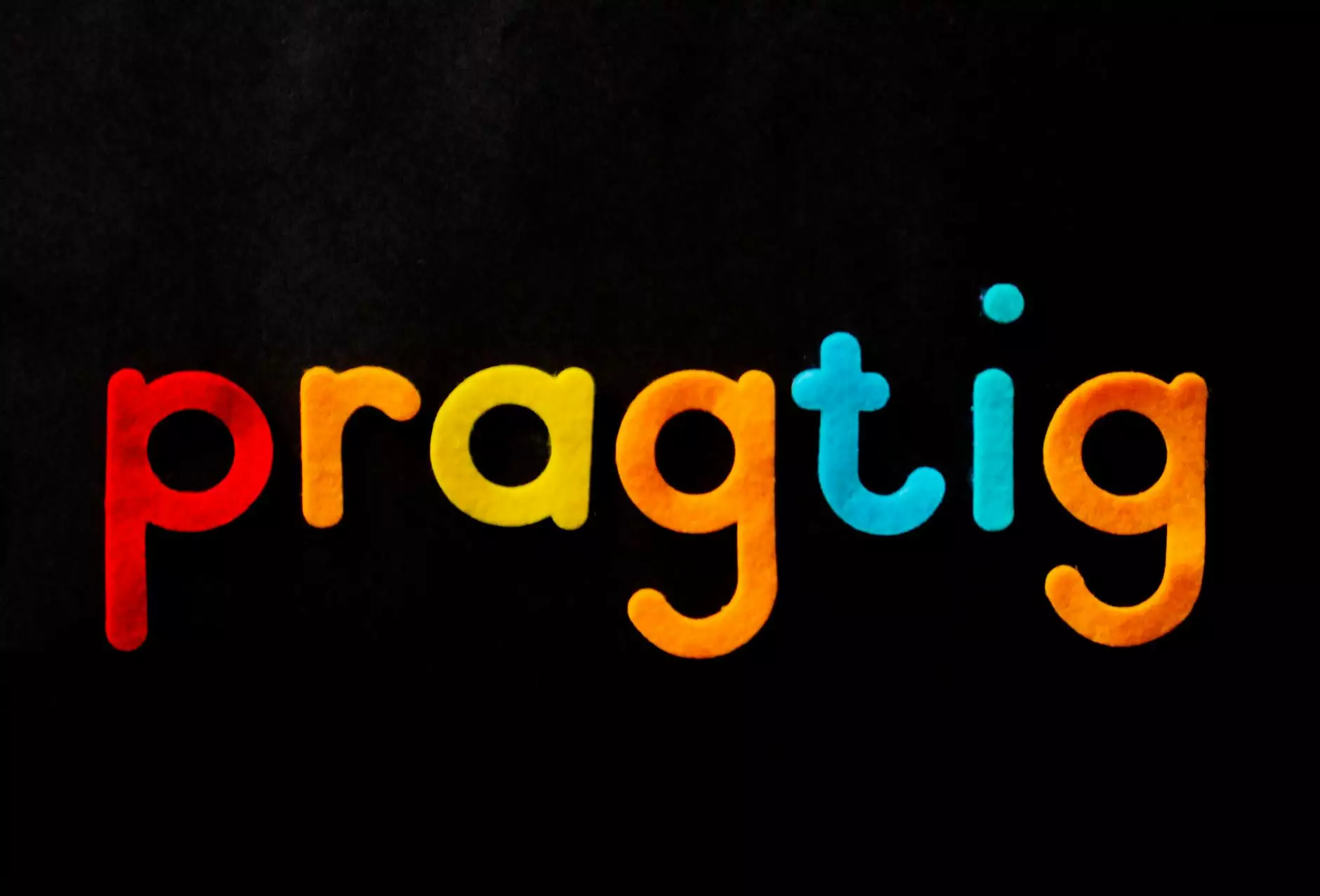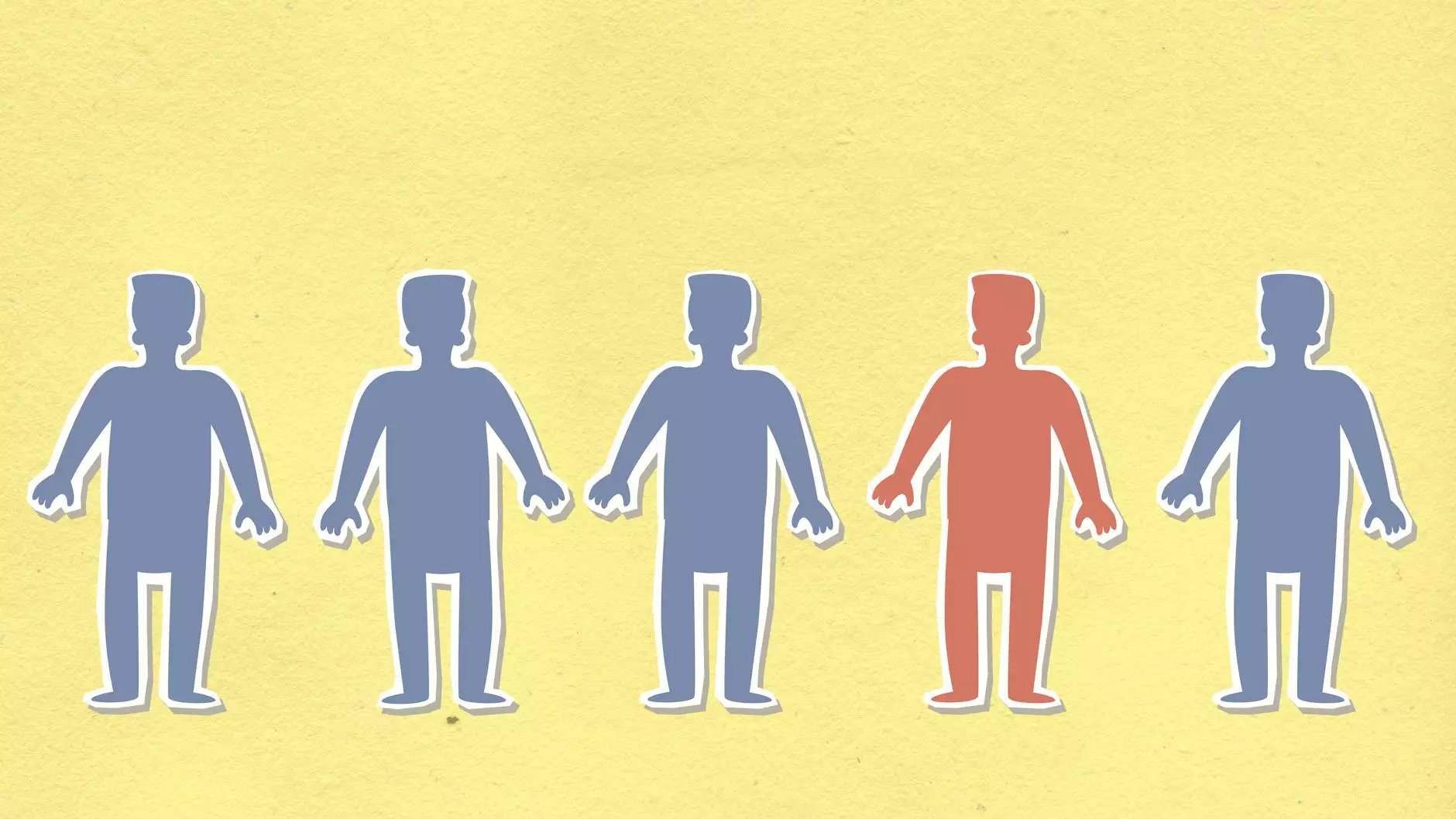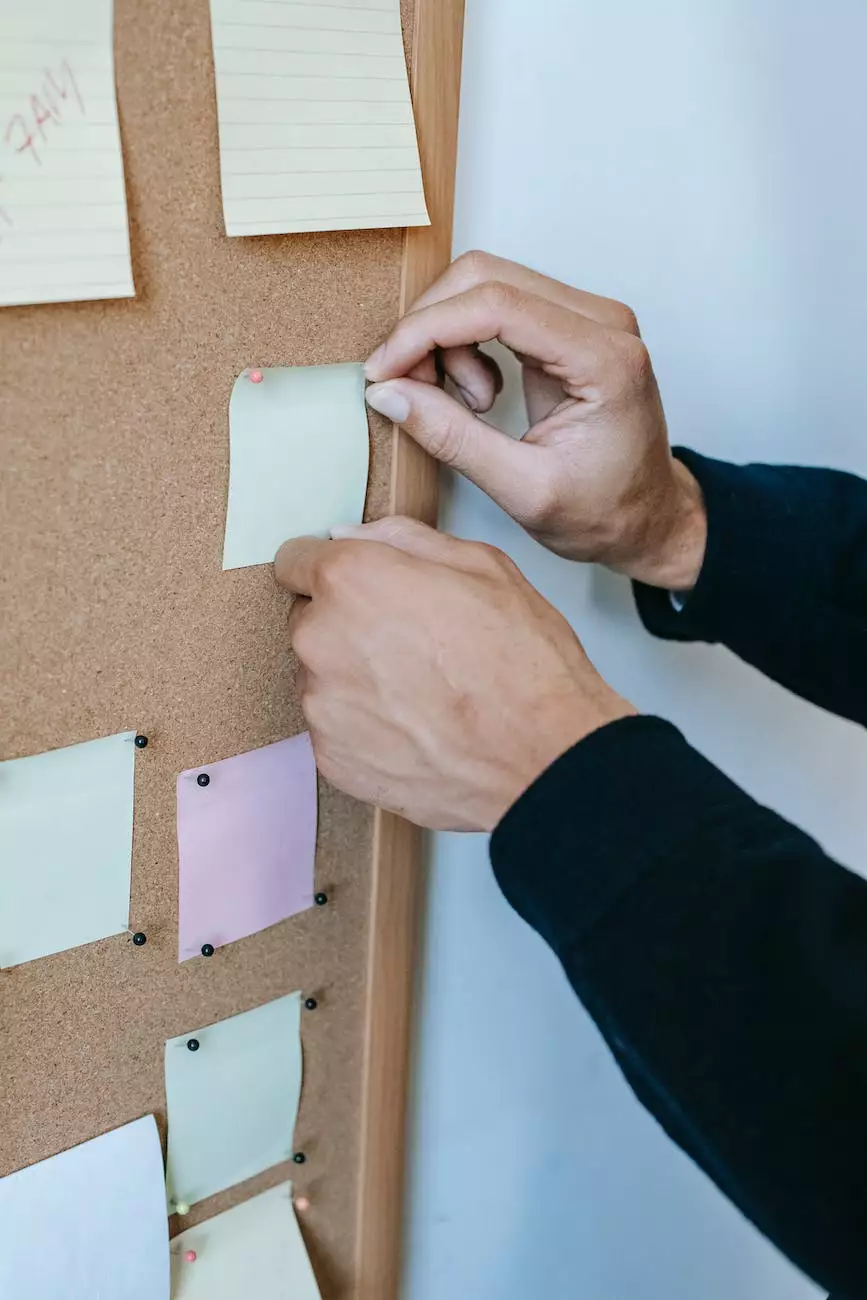Learn Phrasal Verbs - Turn Up
English Grammar Lessons
Welcome to NJCLT's free English lesson on the phrasal verb "turn up." In this lesson, we will explore the various meanings and uses of this commonly used phrasal verb. Whether you are a beginner or an advanced English learner, mastering phrasal verbs is essential for improving your language skills and fluency.
Understanding "Turn Up"
The phrasal verb "turn up" has multiple meanings depending on the context in which it is used. It is often used informally and can convey different ideas such as:
- Arriving or appearing unexpectedly
- Increasing the volume or intensity of something
- Finding, discovering or revealing something
- Show up or attend an event
- Becoming more visible or prominent
Using "Turn Up" in Context
1. When "turn up" means arriving unexpectedly:
Imagine you are waiting for a friend at a coffee shop, and suddenly they appear without prior notice. You can say, "My friend turned up out of the blue!" The phrase "out of the blue" emphasizes the unexpected nature of their appearance.
2. When "turn up" relates to increasing volume or intensity:
Suppose you are at a party, and the music is too low. You can approach the DJ and ask them to "turn up" the volume, indicating your desire for a higher sound level. This usage also applies in other contexts such as turning up the brightness on a television or turning up the heat in a room.
3. When "turn up" involves finding or discovering something:
Imagine you are searching for your keys, and after a thorough search, you find them in your pocket! You can exclaim, "I finally turned up my keys!" This usage implies locating something after it had been misplaced.
4. When "turn up" means showing up or attending an event:
Suppose you are invited to a business conference. You can confirm your attendance by saying, "I will definitely turn up for the conference." This usage indicates your intention to be present at the event.
5. When "turn up" signifies becoming more visible or prominent:
Pretend you are watching a football match, and a player scores a spectacular goal. You can say, "That goal made the team's chances of winning turn up." This usage implies that the goal has increased the team's chances of winning or being noticed.
Practice Exercises
To further improve your understanding of the phrasal verb "turn up," it's essential to practice using it in different contexts. Here are a few exercises to help reinforce your grasp:
- Compose three sentences that demonstrate the meaning of "turn up" as arriving unexpectedly.
- Write a short dialogue between two people discussing how to turn up the volume on a music player.
- Create a paragraph describing an instance when you turned up something valuable.
- Construct two sentences using "turn up" to convey the meaning of showing up or attending an event.
- Describe a situation where something unexpected turned up, leading to a positive outcome.
Conclusion
Congratulations! You have now explored the different meanings and uses of the phrasal verb "turn up." By mastering this versatile phrasal verb, you can enhance your English language skills and communicate with greater fluency. Remember to practice using "turn up" in various contexts to solidify your understanding. Stay motivated and keep improving your English!










